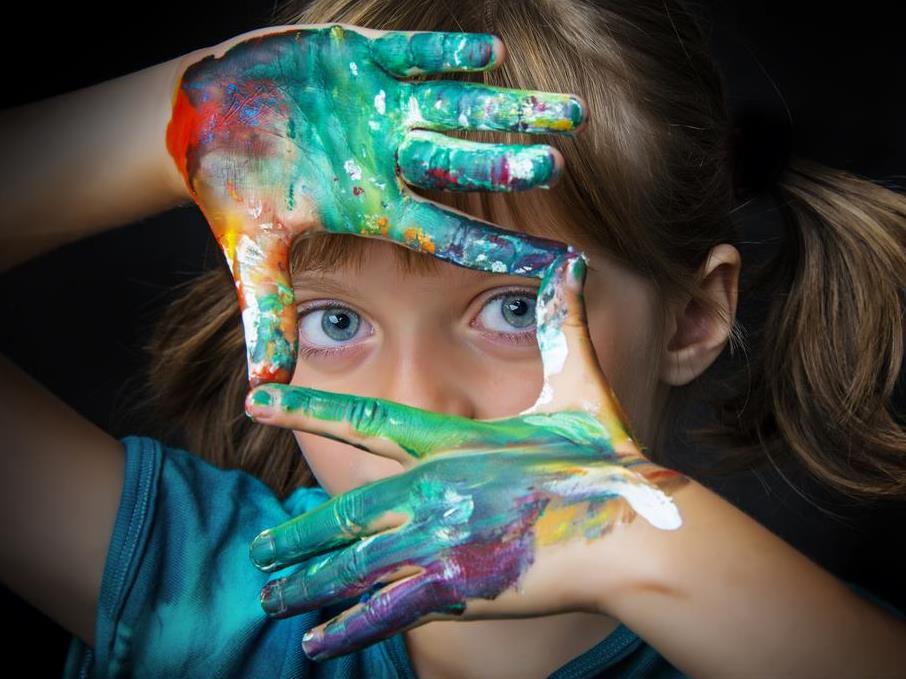New studies show that innovative programs which provided cultural experiences to children pay off in creating adults who are more likely to choose higher education, stay employed and enjoy good health.
Equally, increasing arts experience for young offenders makes them less likely to reoffend.
The Cultural Learning Alliance (CLA) is a British organisation that works to ensure that all children and young people have meaningful access to culture.
As part of this role it collects and consolidates evidence of the value of the arts. Its first report, produced in 2011, was designed to put culture on the education agenda. Now it has produced an updated report entitled Imagine Nation which draws together evidence from new studies of how cultural experiences affect children and young people.
The report found that far from being an add-on or a ‘nice-to-have’ experience, arts and culture are essential to shaping children’s adult lives.
‘Learning through culture and the arts leads to creative thinking, confidence and problem-solving – all skills which are prized by employers and which young people need. If we fail to offer our young people the opportunity to participate in the arts and culture, then we fail to support them in becoming the leading thinkers, innovators, creative business and community leaders of the future,’ said Lord Puttnam, Chair of the Cultural Learning Alliance.
The studies show arts experiences make children:
1. Smarter
Participation in structured arts activities increased cognitive functioning by up to 17%.
2. Early achievers
Children who take part in arts activities in the home during their early years are ahead in reading and maths at age nine. They also have better learning skills such as concentration and organisation.
3. More likely to graduate university
Students from low-income families who take part in arts activities at school are three times more likely to get a degree.
4. More employable
As adults, students who have studied arts subjects are more likely to get a job and more likely to stay in employment than the average student.
5. Healthier
People who take part in the arts are 38% more likely to report good health.
6. Better citizens
Students from low-income families who engage in the arts at school are twice as likely to volunteer. Young offenders who take part in arts activities are 18% less likely to re-offend. In Britain, where voting is not compulsory, students from low-income families who engage in the arts at school are also 20% more likely to vote as young adults.





